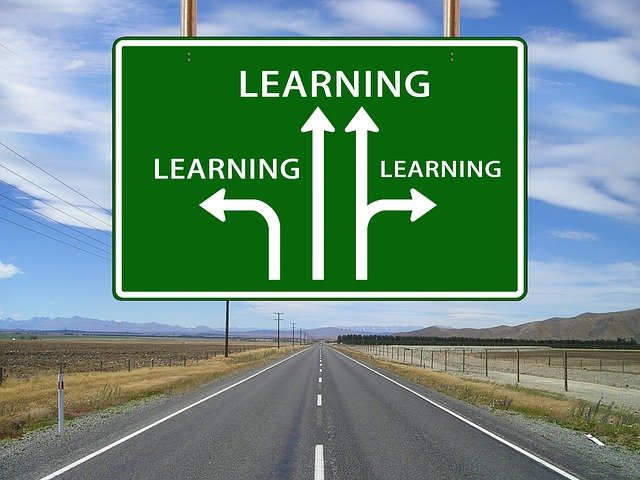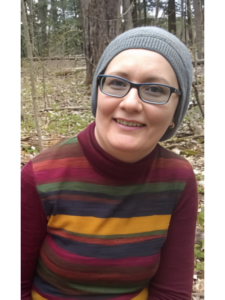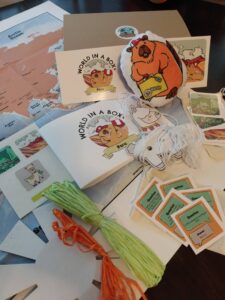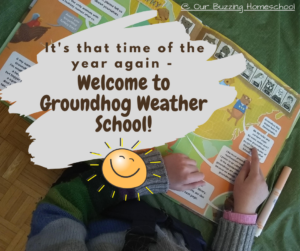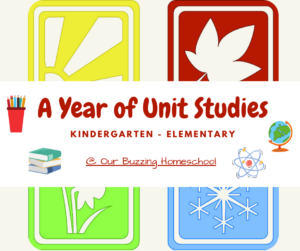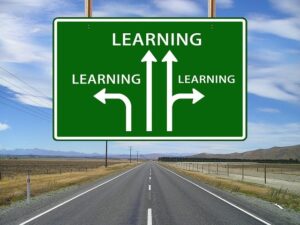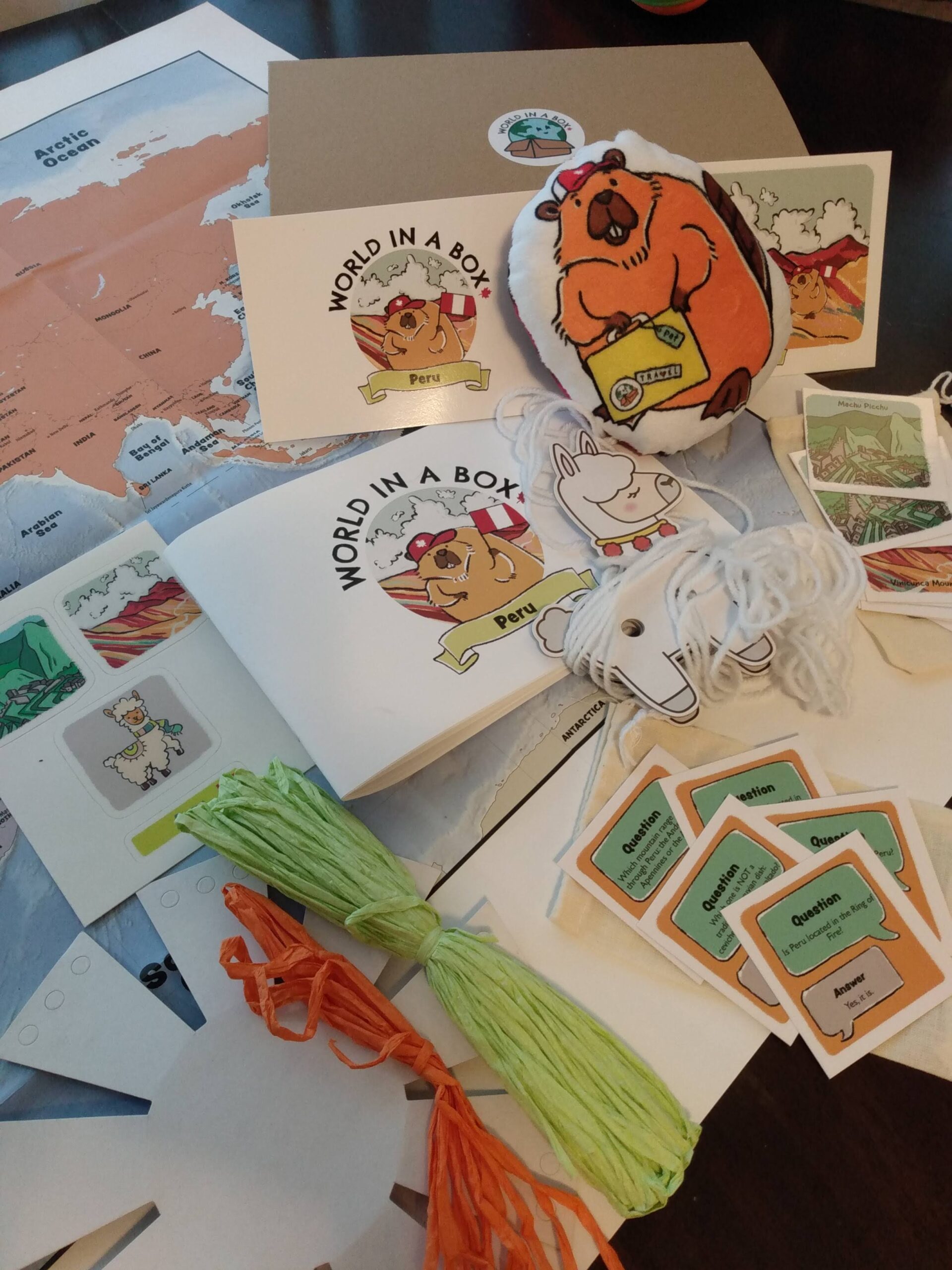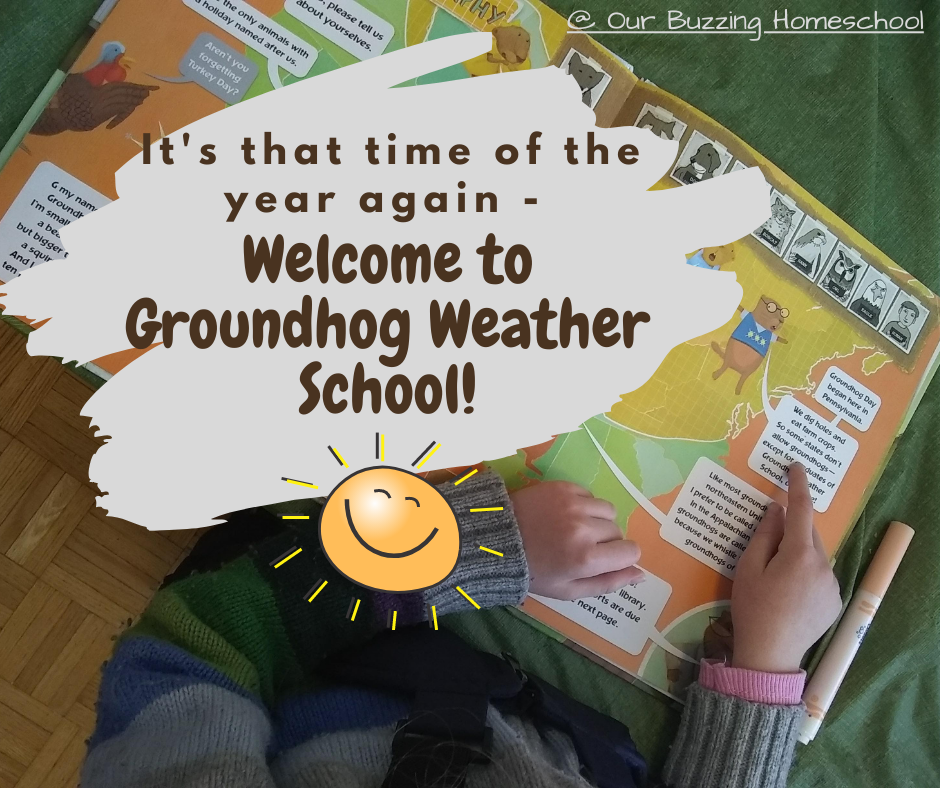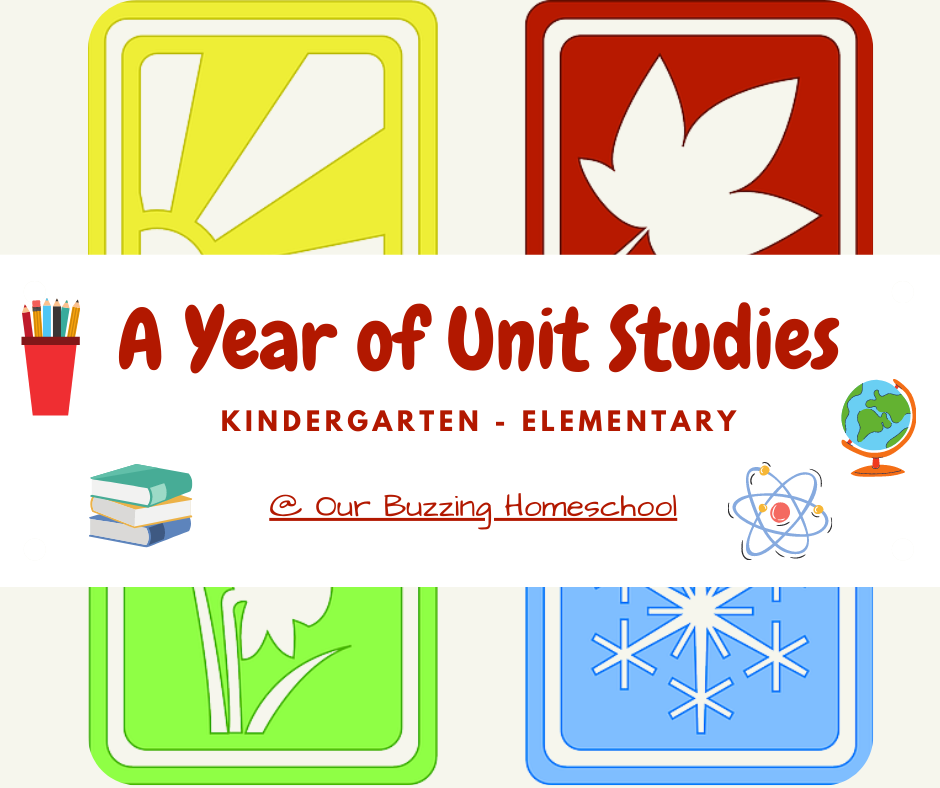It’s September 2020, we are in the midst of a pandemic and a new school year just started.There seems to be 3 main educational options available in Ontario. Any of them can happen at home and often called “homeschooling”, but these educational approaches are very different!I’m here not to say that one form of education is better than the other. Each way could be a blessing for some families but not a sustainable option for others. But I would like to explain the difference between actual homeschooling and school-at-home and learning pods so we are all on the same page.
————————————————————————
TRADITIONAL SCHOOL – public or private, either in person or remote learning. In any case children are enrolled with a school board, follow its schedule and requirements, school teachers provide learning materials and instructions.
ACTUAL HOMESCHOOLING – alternative form of education, children withdrawn from the school system completely, parents choose subjects, schedule, curriculum etc. Of course, homeschoolers can hire a tutor, babysitter, get together here and there but do not attend any full-time child care program.
LEARNING PODS – hybrid model that does not have a clear legal definition for now. Disclaimer: All content in this post is for informational purposes only and not intended as a legal advice. Please assume your liabilityLearning pods usually fall under unlicensed child care (maximum 4-5 children depending on their age) or private school (5 or more children of compulsory school age, 6+yo) or nanny share. Any form of child care comes with a list of responsibilities especially for the host. At the best of my knowledge:- the deadline to register a private school was September 1,- regular home insurance while usually covers unlicensed child care does not cover transmittable diseases like covid,- If a full-time time child care provider is hired the host becomes an employer with another list of responsibilities.It’s still possible to organize a learning pod or join an existing one. But please do your own research and take legal advice as it’s a grey area in terms of legalities, safety and insurance coverage not to mention various educational and behavioral approaches and expectations. Few links to official web-sites:- Types of child care – https://www.ontario.ca/page/types-child-care– Private schools – http://www.edu.gov.on.ca/…/PrivateSchools_PolicyManual.pdf
————————————————————————
So what ACTUAL HOMESCHOOLING is compared to other educational options?
1. The key difference between actual homeschooling and any other form of school-at-home is that homeschooling is a parental choice to take a full responsibility over their children’s education without any support (or even involvement in Ontario) from the school system.
2. The term Homeschooling is actually not the most accurate way to describe this form of education. Home and community based learning is much better one in my opinion.
3. Homeschooling under normal circumstances does not equal isolation. Obviously during the pandemic the community part of our learning has changed, but in general we are out and about a lot and keep learning everywhere and all the time just living life together, not only during fixed hours by the desk or screen.
4. Homeschoolers are usually focused a lot on real life learning and life skills, that are usually not taught in school settings.
5. Homeschoolers can spontaneously decide to skip workbooks or dive deeper in any subject or topic. Or go to the grocery store as a field trip or just go outside and play or take a mental health day. Or change curriculum that does not work for the child. Nobody worries about deadlines, tests, grades and reports for elementary school. This does wonders for your family relationship and children’s learning when they feel heard and that their opinion counts.This fluidity of homeschooling is hard to recreate in any group settings.
6. Homeschoolers follow a child’s interests and strengths and needs, not grades’ expectations per se. Every child has strengths and weaknesses and it’s not realistic to expect all of them to learn the same way, from the same materials and at the same speed only because they’re all the same age… Like we don’t expect them to wear the same size clothes at the same age. It’s very common for homeschoolers to be above grade level in one subject, lower in another and maybe be age-grade level for third one. And it’s another aspect that is a bit hard to recreate in a group setting.Homeschooling does not mean avoiding challenging subjects at all, but meeting children where they are and working and learning at their own pace, not just pulling through the grades. On the other hand this way we avoid busy work and don’t limit a child’s curiosity and passion with public school curriculum expectations that are usually not very high. Every family that chooses to take full responsibility for their children’s education does it in their very own way that works for their unique combination of values, family dynamic and resources as well children’s personalities and needs. And for me this is the greatest benefit of homeschooling! ![]()
#homeschooling101#homeschooling#ontario#learningpods#remotelearning

